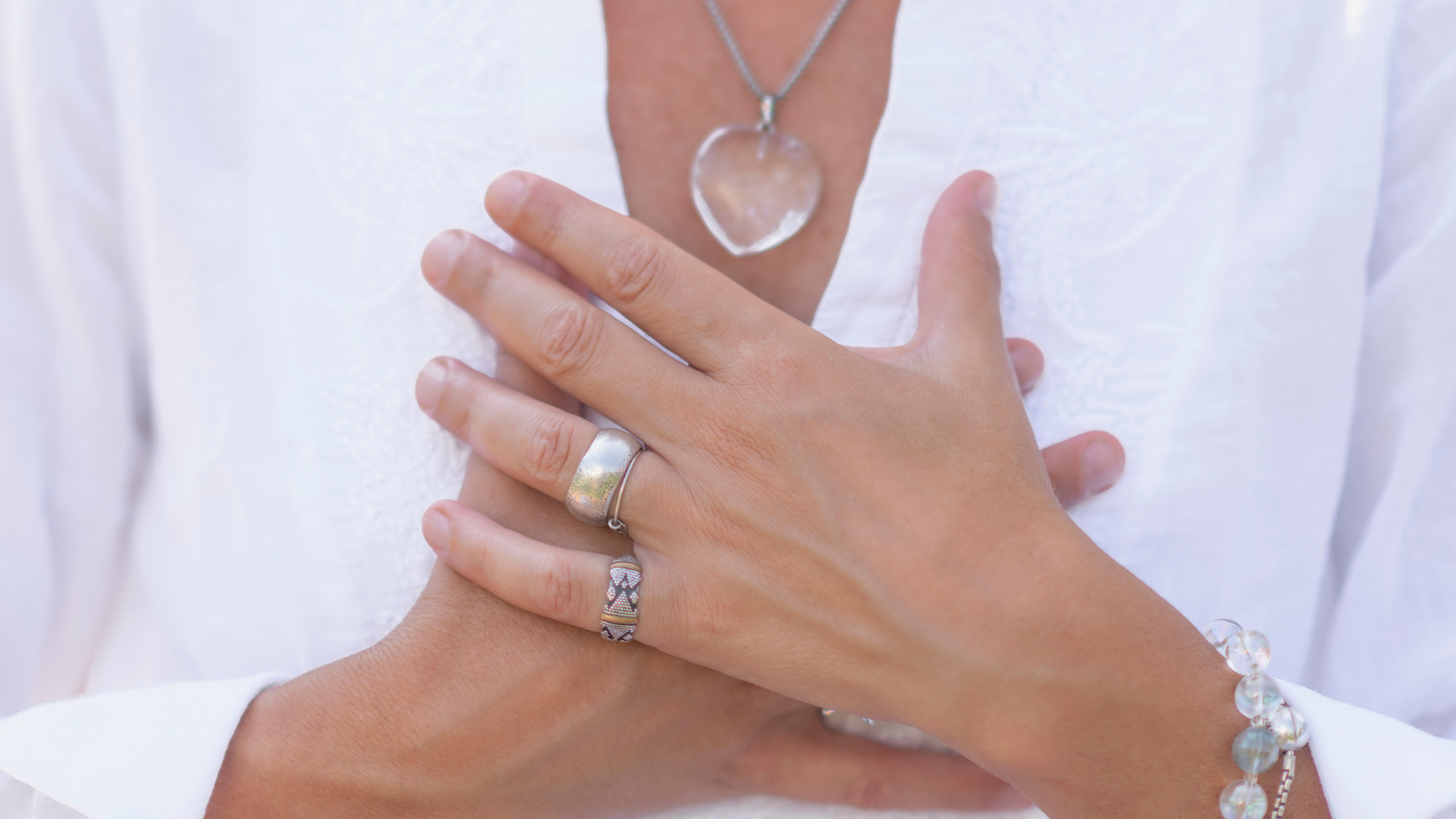I used to think if I could change my weight and the shape of my body, I’d be happy. Rebecca believes she’s an okay person except for certain personality traits, such as anxiety, impatience and her quick temper. Yolanda’s shelves are bulging with self-improvement books; she’s read them all and still hates herself.
Who among us doesn’t believe that with a little tweaking, we could be just right – darn near close to perfection?
The problem for many is that all the self-help books and techniques don’t seem to make us any happier. The minute we “fix” one ugly piece of ourselves, another ugly piece rears its head and screams for attention.
When does self-help become self-hell? What would happen if we simply started by realizing and accepting how wonderful we already are?
As the pioneering psychologist Carl Rogers once wrote, “The curious paradox is that when I accept myself just as I am, then I can change.”
In the book Radical Acceptance, Tara Brach writes, “The more we anxiously tell ourselves stories about how we might fail or what is wrong with us or with others, the more we deepen the grooves—the neural pathways—that generate feelings of deficiency.”
When we feel inadequate, we:
- Watch life from the sidelines and avoid taking risks
- Criticize others (and ourselves)
- Numb out with TV, food, self-help books, alcohol
- Set unrealistic expectations for ourselves
- Help and take care of everyone else while ignoring our own needs and wants
“Convinced that we are not good enough, we can never relax,” Brach writes. “We stay on guard, monitoring ourselves for shortcomings. When we inevitably find them, we feel even more insecure and undeserving. We have to try even harder.”
Accepting ourselves means turning off the shameful, negative, self-loathing tapes within ourselves and just relaxing.
A healthier life finds deeper meaning and greater satisfaction in self-love, compassion, intuition, taking responsibility and forgiveness (particularly of ourselves).
Sometimes it is our so-called faults that can actually lead us to a healthier life. Pioneering psychologist Carl Jung called it our “shadow side,” that part in all of us we are ashamed of and that we often reject. Understanding and accepting that shadow side can lead to enormous freedom and self-acceptance.
In the end, all the energy we put out to change ourselves may just take us back to where we started—to ourselves. And if we can truly accept ourselves as we are, that’s the best place to be.
Seven Ways to Radically Love and Accept Yourself
1. Let go of judgement and comparison.
2. Release limiting beliefs.
3. Forgive yourself.
4. Be present.
5. Say daily self-affirmations.
6. Adopt an attitude of gratitude.
7. Surrender
—from Radical Acceptance by Kelli Risse
A chapter in the book Fearless and Fabulous: Finding Your Way Through Change and Beyond
